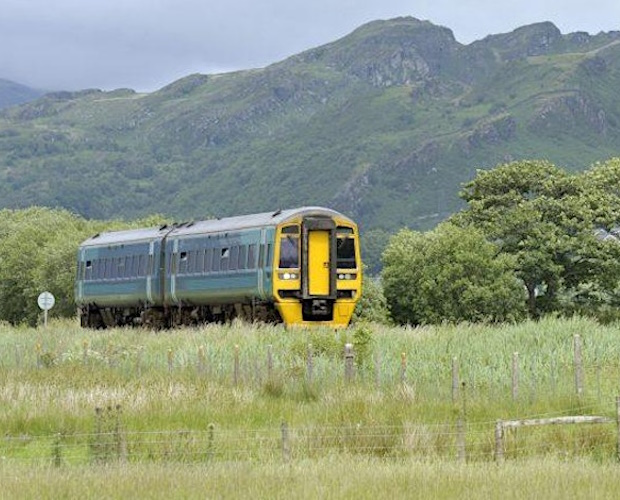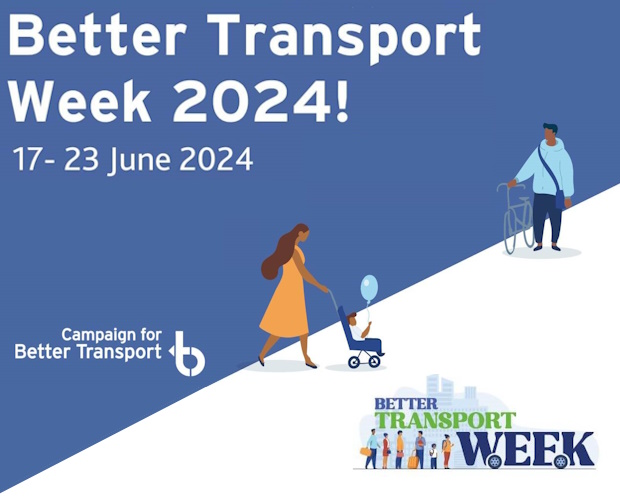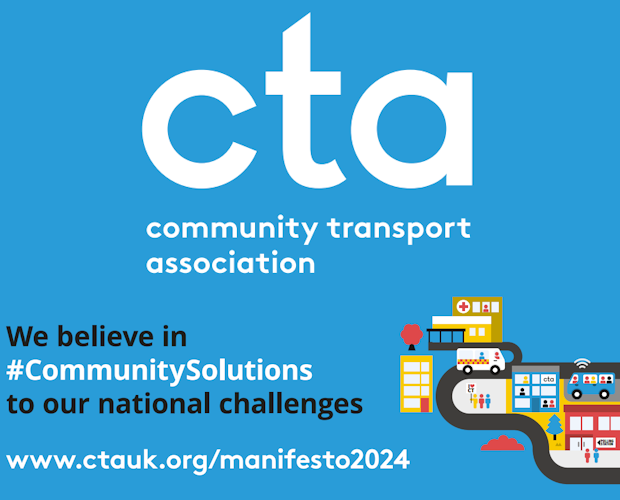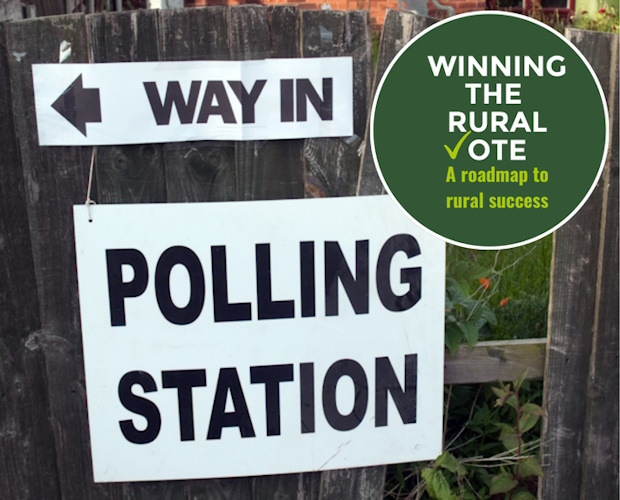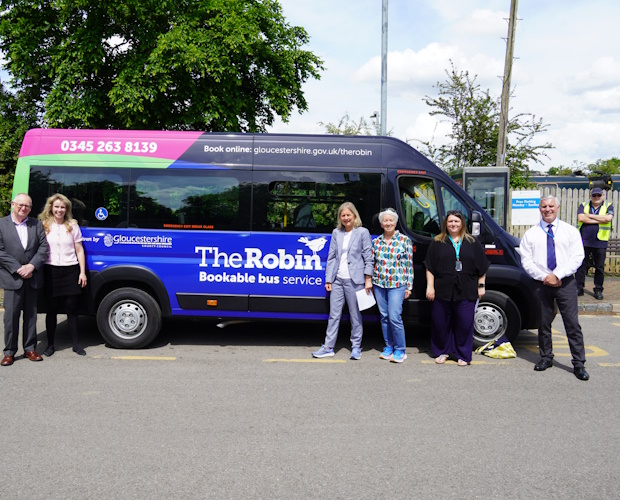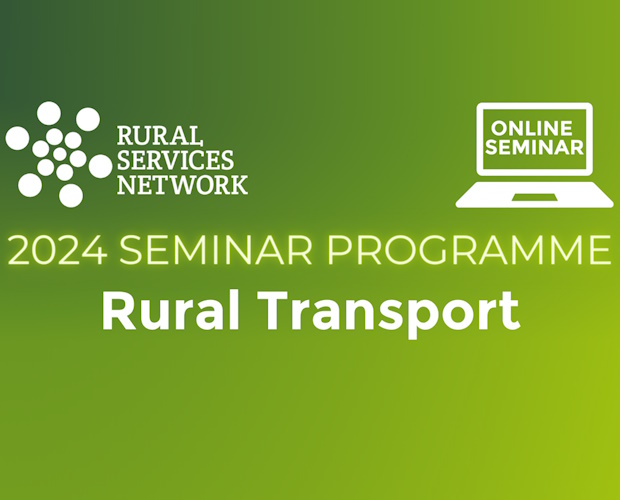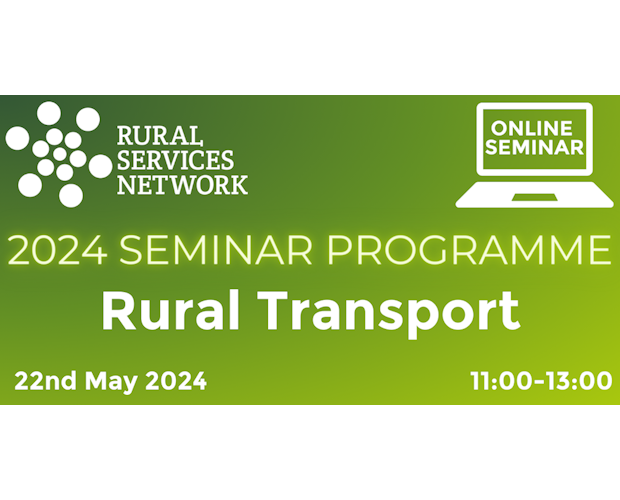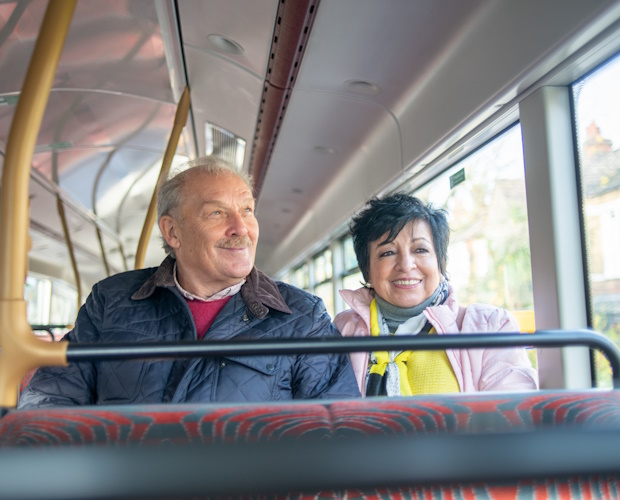T: 01822 851370 E: [email protected]
RSN Voices Serious Concerns Over ‘Fairness’ Of Settlement
Read here...
Transportation in rural communities faces a multitude of challenges that can significantly impact residents' quality of life, access to services, and economic opportunities. These challenges include limited public transport services, constrained budgets for rural public transport, poor infrastructure and maintenance,...
The Countryside Matters, was the theme of a panel discussion at the Better Transport Conference taking place last week at Kings College, London. Our Chief Executive Kerry Booth was part of this panel and she posed this question back to...
Better Transport Week, an annual event dedicated to celebrating and advancing sustainable transport, commenced this week. This focal week highlights the transformative impact of sustainable transport solutions on environmental sustainability, public health, and economic prosperity. By shrinking traffic jams, cleaning...
The Rural Services Network is backing the Community Transport Association’s call for the next UK government to utilise community solutions in a hard-hitting manifesto on the state of accessible transport across the UK. The CTA manifesto, A Better Future for...
As members of the Rural Services Network (RSN), our collective commitment to advocating for the needs of rural communities remains unwavering. With the deadline for Prospective Parliamentary Candidates (PPCs) to submit or withdraw applications by 7th June fast approaching, our focus...
Every year, the first week of June marks an extraordinary period where we shine a light on the selfless individuals whose dedication helps to keep the heart of rural communities beating—our volunteers. As part of Volunteers Week, The Rural Services...
The recent expansion of the Robin bookable bus service into three new areas in Gloucestershire marks a significant step forward in enhancing transportation options for rural communities. This initiative, which allows residents to book bus journeys up to an hour...
Last week, the Rural Services Network (RSN) hosted a vital seminar addressing the significant topic of rural transport. This virtual event, connected 64 delegates from various sectors who shared their experiences, challenges, and innovative strategies for enhancing rural transport services...
- To download the Agenda for this seminar click here POST EVENT: PRESENTATIONS Margaret Roy, Board Member, ATCO (Association of Transport Coordinating Officers), “Rural Transport: Highlights and Challenges” View the video shown...
In an era where urban-centric development often overshadows the needs of rural communities, Oxfordshire County Council is steering a course towards inclusivity and accessibility. With the introduction of five new bus routes set to commence later this month, the council...
NEWSLETTER
Sign up to receive all our latest news and updates.
HOT TOPICS
Amid reduced public spending, fair resource allocation across regions is crucial. Despite a population larger than Greater London, rural areas receive significantly less funding for essential services, even though delivering these services in rural areas is more expensive.
Economic growth is widely acknowledged as essential for national wealth and prosperity and is a priority for political parties. Rural economies, employing millions and home to a higher proportion of small businesses, have potential for growth if barriers are removed.
Rural residents face distinct healthcare challenges, including limited access to transport, longer distances to medical facilities, an aging demographic, housing inadequacies, digital connectivity gaps, and difficulties recruiting health and care workers.
Rural communities are grappling with a severe affordable housing crisis, marked by high house prices, a lack of affordable housing, elevated living costs, and lower incomes, threatening their sustainability and vitality.
Transport is vital for the quality of life and economic health of rural areas, yet it faces challenges such as infrequent public bus services and less Government funding compared to urban regions.
Rural areas, encompassing a substantial portion of England's population and land, play a pivotal role in combating climate change and achieving the net zero target.
In an increasingly digital world, the lack of robust digital infrastructure in rural areas severely limits access to crucial services and stifles economic growth.
A future-focused vision for rural communities involves not just building the right homes in the right places but also ensuring thriving, sustainable communities.
SIGN UP TO OUR NEWSLETTER
Sign up to our newsletter to receive all the latest news and updates.

